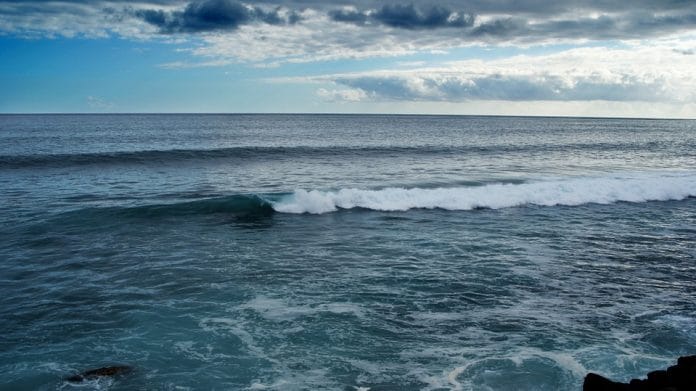2019 was the hottest year on record for oceans
Last year was the warmest on record for the world’s oceans, according to a study on how long-term global warming trends have continued unabated.
Published in the Advances in Atmospheric Sciences, the study shows that the past 10 years have been the warmest on record for global ocean temperatures. Yet, the difference in temperatures between 2018 and 2019 was the largest single-year increase since the early 2000s.
Over all, the year 2019 was the second-hottest on record. More about it on The New York Times.
Scientists find oldest material on earth in a meteorite
Scientists have discovered the oldest solid material on earth by isolating stardust from a meteorite that fell in Australia 50 years ago.
An analysis of the meteorite showed that it contains cosmic particles that formed between five and seven billion years ago — long before the birth of our solar system.
The team, from University of Chicago, also found that this material has a pungent smell, like “rotten peanut butter”. They believe that understanding it can help shed light on how stars and galaxies were formed. More about it in CNN.
Asia on alert as new SARS-like virus kills two in China
Two individuals have died in China after suffering from a newly-identified pneumonia-like viral infection, putting the rest of Asia on alert.
Scientists in China have identified the illness as a new strain of coronavirus, which belongs to the same family as the deadly Severe Acute Respiratory Syndrome (SARS) and Middle East respiratory syndrome (MERS). Infections caused by these viruses have affected over 8,000 people and killed 774 across Asia between 2002 and 2003.
Chinese authorities have, however, said that the new coronavirus is not “as lethal”. More about it here.
Mental health crisis in Hong Kong after months of protests
The ongoing unrest in Hong Kong is taking a toll on the mental health of about two million citizens, with effects comparable to symptoms that are observed following large-scale disasters, armed conflicts, or terrorist attacks, according to a Lancet study.
Researchers from the University of Hong Kong have found that many adults have increasingly shown symptoms of post-traumatic stress disorder (PTSD) over the past year.
While just five per cent of adults in Hong Kong reported PTSD symptoms in a March 2015 survey, the number rose to 32 per cent between September and November last year — the height of the unrest.
Figures suggest that at least 1.9 million Hong Kong adults aged 18 and above are showing symptoms of PTSD. More about it in The Independent.






